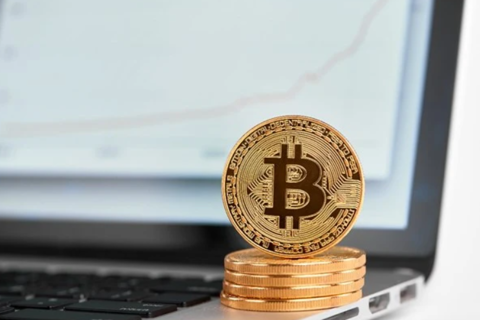Vietnam’s sciences need ISO standards
A French professor embarrassed a Vietnamese scientist when he asked about another Vietnamese scientist: “He speaks a lot but what he does he actually specialise in? I’ve tried but I couldn’t find his name o­n scientific websites.”
A French professor embarrassed a Vietnamese scientist when he asked about another Vietnamese scientist: “He speaks a lot but what he does he actually specialise in? I’ve tried but I couldn’t find his name on scientific websites.”
Since 2001, the Ministry of Science and Technology has invested over VND1.126 trillion in 17 key laboratories but only three projects that use key laboratories have been announced in international scientific magazines.
Money is not a problem but ineffective management. There are internationally famous scientists who are not granted the Professorship yet because they don’t meet “standards”. There are scientists who have many titles but the international scientific circle doesn’t know about them. Dr. Pham Duc Chinh at the Vietnam Mechanics Institute writes more.
According to the Ministry of Science and Technology, the total investment in 17 key laboratories is VND1.126 trillion ($70.375 million) since 2001. Each lab cost around $4.4 million.
Scientific projects that were conducted at these labs have published 640 articles, gained 22 patents and useful solutions, and over 300 certificates of merit but only three of them were
announced in international magazines. Meanwhile, these labs helped train up to 56 doctors, 58 master degree holders, and further train hundreds of experts. The number is large but the quality is low compared to international standards.
Only 10% of basic research projects of the mechanics sector recently have had articles published in international magazines. Most state-funded projects are not announced in international magazines.
Surprisingly, only 10% of the members of the editorial board of the key magazine of the Vietnamese mechanics sector have had studies announced in international magazines and one of the members of the Mechanical Professorship Council has had research published in the last 5-10 years. Meanwhile, the Ministry of Education and Training requests Ph.D students and upwards to have articles published in international magazines.
Diploma is not true reflection of ability
Scientists at the Physics Institute wonder about the case of Nguyen Ba An, one of the rare experts who has a high number of articles published in international scientific magazines but who has not been granted professorship yet because he “doesn’t write enough books”.
Many international scientists are very surprised when they learn that an internationally prestigious scientist like An doesn’t meet professorship standards in
But there is a case like this. A Vietnamese scientist was very embarrassed when a French professor asked him about another Vietnamese scientist: “He speaks a lot but what does he actually specialise in? I’ve tried but I couldn’t find his name on scientific websites.”
Professor Hoang Tuy gave an example about
In
In many cases, scientific titles don’t reflect the real ability of the bearers. The Ministry of Science and Technology, under international advice, set up the Scientific and Technological Appraisal Support Centre to have a specific list of scientific works of Vietnamese scientists but till now it has received only 2,000 registrations, equivalent to 1/10th of the total number of researchers.
The State-funded training programme (Program 322) trained 1,740 scientists of university grade upwards in countries with advanced sciences in one year (41.6% are doctors, 34.25% master degree holders, 13.16% of on-the-job trainers, and 10/97% university graduates).
Through the Vietnam Education Foundation (VEF),
If leading scientists are not deserved to be called leading scientists and degrees and scientific titles are not equal to the real ability and the evaluation of scientific works isn’t based on internationals standards, a country’s science and education would naturally be weak.








